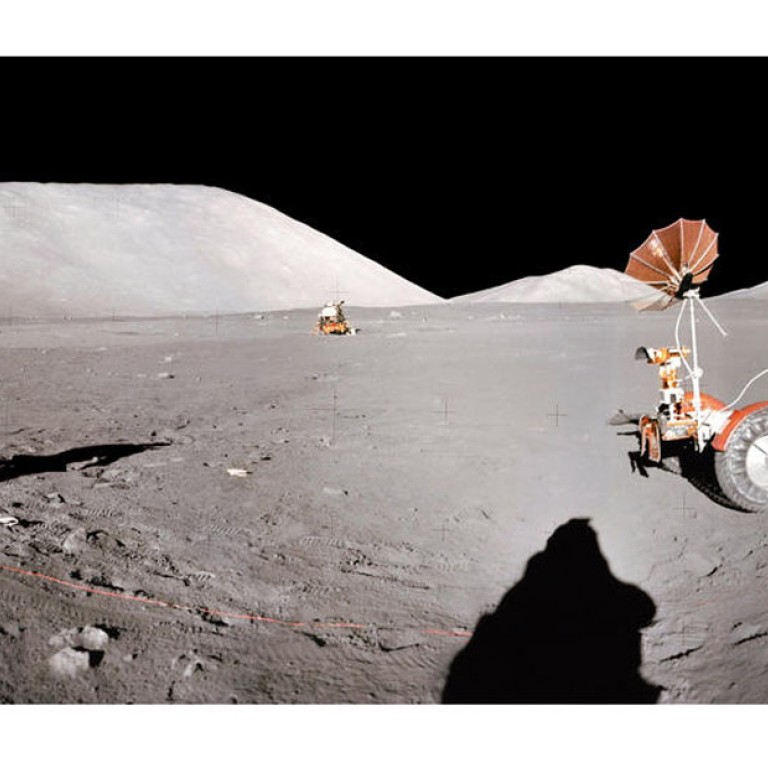
Nasa turns to private companies to exploit the moon's resources
Nasa - building on successful partnerships with private companies to resupply the International Space Station - is now looking to private entrepreneurs to help exploit resources on the moon.
Nasa - building on successful partnerships with private companies to resupply the International Space Station - is now looking to private entrepreneurs to help exploit resources on the moon.
In its latest initiative, unveiled in late January, the US space agency is proposing private companies take advantage of Nasa's extensive know-how, its engineers and access to its installations to help design and build lunar robots.
But unlike Nasa's contracts with SpaceX and Orbital Sciences to deliver cargo to the ISS, the moon proposal - dubbed CATALYST (Cargo Transportation and Landing by Soft Touchdown) -would get no US government economic help.
Missions in the moon's orbit have revealed evidence of water and other interesting substances on the moon, said Jason Crusan, director of Nasa's advanced exploration systems.
"But to understand the extent and accessibility of these resources, we need to reach the surface and explore up close," he said.
"Commercial lunar landing capabilities could help prospect for and utilise these resources," permitting both commercial and research activities, he said.
Nasa official Greg Williams added: "As Nasa pursues an ambitious plan for humans to explore an asteroid and Mars, US industry will create opportunities for Nasa to advance new technologies on the moon."
Nasa last year reached an agreement with Bigelow Aerospace to develop commercial sector involvement with the space agency, especially focused on plans to build a lunar base.
Founded by US billionaire Robert Bigelow, the company offers inflatable space modules.
These partnerships work "very well in lower orbit", said Bigelow's Michael Gold, referring to the re-supply contracts at the International Space Station.
"There is no reason it won't work just as well on the moon."
The lunar soil is rich in coveted rare earth elements that are in increasing demand because they are heavily used in electronics.
John Logsdon, former director of the Space Policy Institute at George Washington University, said private partnerships could be "a way of Nasa getting back involved with the moon without violating the president's policy that says we as a government we don't go back to the moon".
Logsdon was referring to Obama's 2010 decision to cancel the Constellation programme, which planned to return Americans to the moon by 2020 before embarking for Mars. The programme was deemed too costly.
